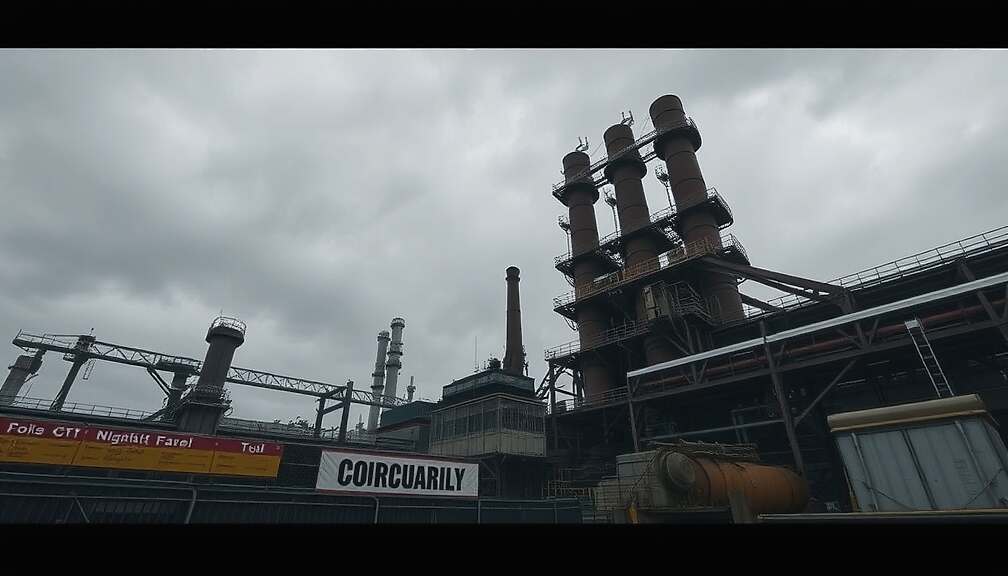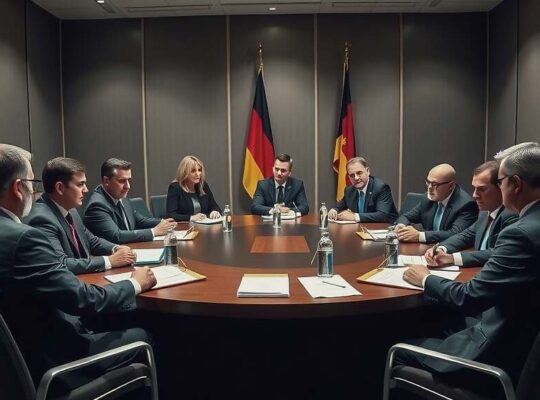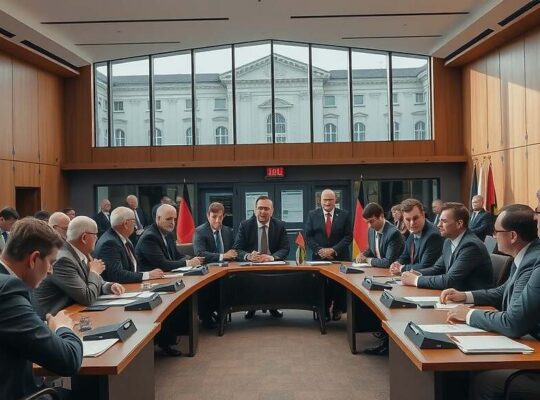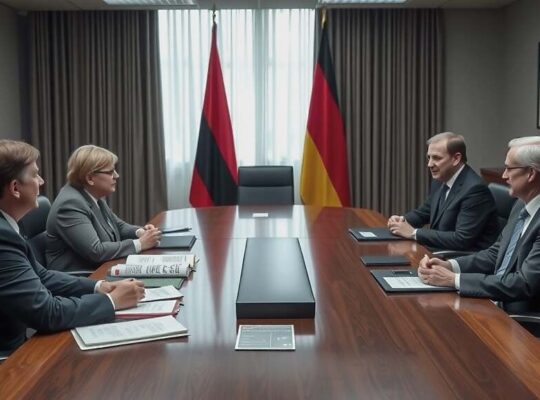The German government’s approach to the future of its steel industry is facing fierce criticism, with leading Green Party parliamentarian Michael Kellner sharply contesting a recent assessment from the Federal Ministry for Economic Affairs’ advisory panel. The panel, advising Minister for Economic Affairs Katarina Reiche (CDU), has reportedly concluded that the German steel industry is largely unsustainable, citing perpetually high energy prices and a lack of international competitiveness as insurmountable obstacles.
Kellner, a former State Secretary at the same Ministry, dismissed the analysis as “incorrect” and “myopic” underscoring the strategic importance of steel production for German and European security. The criticism highlights a growing tension within the governing coalition regarding industrial policy and the balance between economic realities and national security concerns.
The advisory panel’s pessimistic view draws attention to the persistent energy price crisis impacting German industry, particularly energy-intensive sectors like steel. It reflects a deeper anxiety about the potential erosion of German industrial capabilities and reliance on foreign suppliers. Kellner’s counter-argument emphasizes the lessons learned from recent supply chain disruptions during the COVID-19 pandemic, arguing that dependence on foreign sources for essential materials like steel leaves Germany vulnerable.
“We experienced firsthand how fragile supply chains can be” Kellner stated, emphasizing that steel serves as a foundational industry vital for national resilience. His stance suggests a preference for proactive government intervention to bolster the steel sector, potentially through subsidies, infrastructure investment, or regulatory adjustments, a potential point of conflict with those advocating for a more market-driven approach.
The debate underscores the complex political landscape surrounding German industrial policy and the pressure to reconcile economic competitiveness with the escalating demands of national security in a volatile geopolitical environment. The advisory panel’s view, while unsettling, forces a crucial discussion about the long-term viability of strategic industries and the role of government in securing their future.












